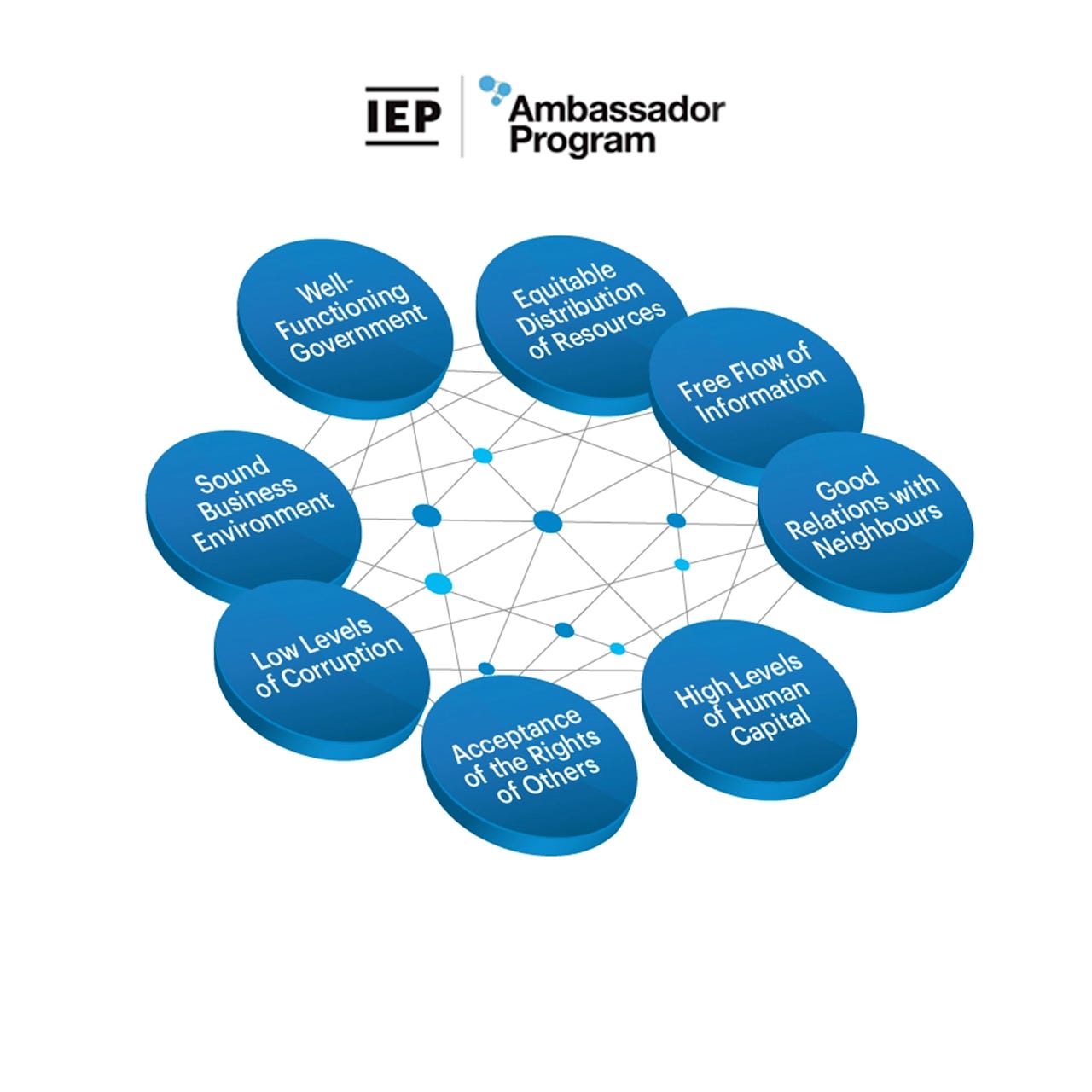Flashpoints & Frameworks: Africa Risk Brief (Jul 27–Aug 1, 2025)
Structural Indicators, Peace Pillars, and Operational Risk
This week’s Flashpoints & Frameworks briefing from ARAC International Inc. examines five critical security incidents across Africa, dated July 27 through August 1, 2025. Rather than simply cataloging events, this analysis decodes their systemic implications using three conceptual instruments: the CARVER risk matrix, the Positive Peace Framework, and the U.S. Global Fragility Act’s Lines of Effort. Each framework foregrounds a different dimension of fragility: operational vulnerability, institutional health, and long-range development priorities.
From insurgency violence in eastern Congo to escalating tensions along the Uganda–South Sudan border, what follows is not a list of crises but a cross-section of fragile governance systems under pressure. For actors in policy, finance, and civil society, these are not isolated flashpoints—they are structural fault lines.
Incident Briefs (Jul 27–Aug 1)
1. 38 Killed in Church Attack, DRC by IS-Linked Rebels
Where: Komanda, Ituri Province, DRC
When: July 27
What Happened: Islamic State-backed militants attacked a church, killing 38 worshippers. (AP News | Reuters)
Positive Peace Pillar: Pillar 4 – Acceptance of the Rights of Others
CARVER Score:
Criticality: Religious site
Effect: Mass casualties
Recognizability: High-profile civilian target
2. Ghana Deploys Troops Over Bawku Chieftaincy Violence
Where: Bawku, Northeastern Ghana
When: July 28
What Happened: Government forces intervened after militia attacks killed a local chief and students. (Reuters)
Positive Peace Pillar: Pillar 7 – High Levels of Human Capital
CARVER Score:
Vulnerability: Schools/communities
Effect: Psychological fallout
Accessibility: Local armed groups
3. Uganda–South Sudan Border Clashes Escalate
Where: Border Regions
When: August 1
What Happened: Armed clashes over disputed demarcation lines intensified. (Reuters | Al Jazeera )
Positive Peace Pillar: Pillar 5 – Good Relations with Neighbors
CARVER Score:
Vulnerability: Porous borders
Effect: Regional spillover
Accessibility: Ease of arms flow
4. Rwanda & DRC Hold Joint Oversight Committee Meeting
Where: Washington, D.C.
When: August 1
What Happened: First bilateral oversight meeting post-June peace agreement. (Reuters)
Positive Peace Pillars:
Pillar 1 – Well-Functioning Government
Pillar 5 – Good Relations with Neighbors
CARVER Score:
Recognizability: State-level diplomacy
Criticality: Implementation integrity
5. UN Confirms 169 Civilians Killed by M23 in DRC
Where: North Kivu / Ituri, Eastern DRC
When: July 31
What Happened: UN verified M23 rebel killings of 169 civilians, primarily farmers. (Reuters)
Positive Peace Pillars:
Pillar 8 – Low Levels of Corruption
Pillar 3 – Equitable Distribution of Resources
CARVER Score:
Effect: Mass casualties
Criticality: Agricultural livelihoods
Vulnerability: Rural communities
📊 Systemic Themes: Institutional and Regional Stress Points
Analysis Commentary: “The Weight of the Week”
“This week in Africa reflects what we call a Flashpoint Cascade: disparate crises that converge to signal underlying structural fragility. Whether it’s sectarian massacres in DRC, border clashes linked to colonial-era disputes, or traditional authority collapses like Bawku, each event is not isolated; it's a symptom of larger breakdowns in governance, legitimacy, and historical reconciliation.”
Two major themes emerge:
1. Weakening of Protective Institutions
Events in Ituri and Bawku illustrate a familiar breakdown pattern: non-state actors outpacing official response due to institutional undercapacity. The erosion of protective governance, both civil and security-based, shows strain on Pillars 1 and 8 (government functionality and corruption levels).
2. Erosion of Regional Peace Architecture
The Uganda–South Sudan dispute and the DRC–Rwanda committee reflect a broader pattern: peace mechanisms are increasingly extraterritorial. The relocation of oversight meetings to Washington, rather than Kampala or Kinshasa, signals sovereignty gaps and deteriorating regional trust structures.
MMEL Focus: ESG & Due Diligence Advisory (GFA Priority 4)
The UN’s confirmation of atrocities committed by M23 (Jul 31) raises material red flags for extractive-sector stakeholders. Areas implicated, particularly North Kivu, are central to global supply chains in minerals and agriculture.
Recommended Actions for Corporate and NGO Partners:
Commission third-party human rights impact assessments
Vet supply chain partners via OSINT and on-ground due diligence
Publicly document risk mitigation protocols in line with MMEL standards
Failing to implement these steps risks regulatory exposure under new EU and U.S. due diligence regimes, including potential legal liability.
⚠️ Operational Foresight
DRC: Expect further displacement and humanitarian surge needs in eastern zones.
Ghana: Monitor Bawku as a potential ignition point for wider ethnic instability.
South Sudan–Uganda: Third-party mediation is urgent to avoid escalation.
Donor Community: Scale interventions that link ESG diligence to peacebuilding in the Great Lakes and Sahel regions.
If you’re engaging with this report, you're not just tracking events. You’re analyzing the systems that make them possible. ARAC International thanks you for aligning with our mission: translating data and diplomacy into operational resilience.
CARVER Risk Assessment
Full CARVER analysis is limited to paid subscribers
Keep reading with a 7-day free trial
Subscribe to ARAC International | Flashpoints & Frameworks to keep reading this post and get 7 days of free access to the full post archives.



